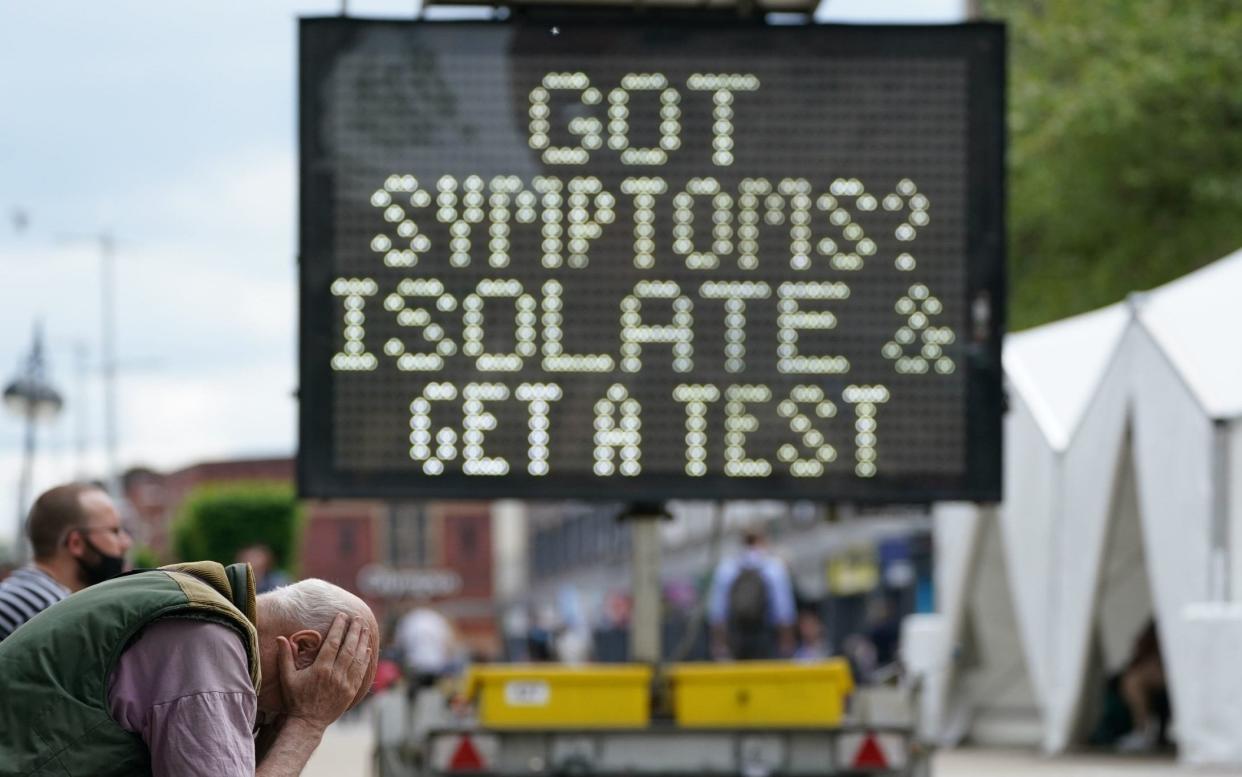Most common Covid symptoms are now headache and sore throat

The most common symptom of Covid-19 is now a headache, say experts, as they warned people to get tested even if they did not think they were suffering from the illness.
King’s College London, which has been tracking symptoms through its app since the pandemic began, found that a cough was no longer in the top three symptoms, with sore throat, runny nose, headache and fever now the most typical signs.
Scientists are unsure whether the Indian variant is causing the change in symptoms or if the change is due to younger people catching the virus, and so experiencing a milder version.
Tim Spector, professor of genetic epidemiology, King’s College London, said: “Covid is acting differently now it’s more like a cold in this younger population and people aren’t realising this, and people might think they’ve got some sort of seasonal cold and they still go out to parties and they might spread it around.
“Since the start of May, we’ve been looking at the top symptoms and they are not the same as they were.
“Number one is headache followed by sore throat, runny nose and fever. All those are not the old classic symptoms, number five is cough, so it’s rarer and we don’t even see loss of smell coming into the top 10 anymore.
“This variant seems to be working slightly differently.”
Under current government guidance, people are urged to get tested if they experience a high temperature, a new continuous cough, or a loss or change in sense of smell or taste.
Currently people are only advised to have the more accurate PCR (polymerase chain reaction) test if they have one or more of those three symptoms.
Those who are asymptomatic or suspect they might have the disease are advised to take a lateral flow test, which is less likely to give a correct result.
However, Prof Spector said it was important to still get tested even if it feels like a normal cold.

